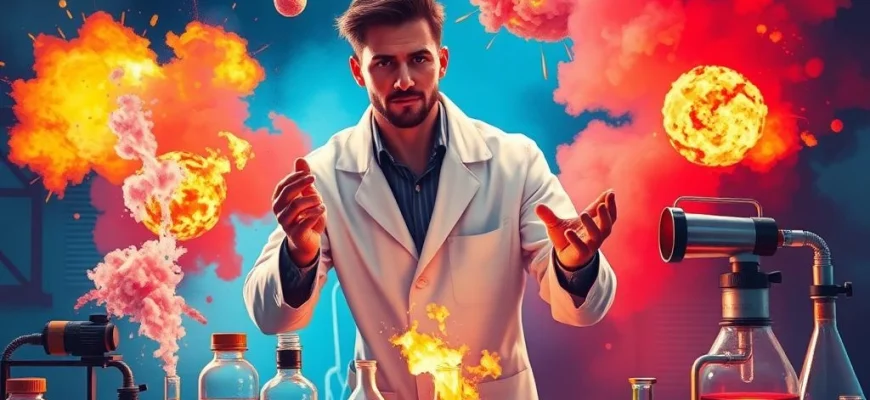If you love the hands-on, explosive fun of 'Science Max: Experiments at Large,' you're in for a treat! This article highlights 10 similar shows and movies that bring science to life with big experiments, engaging hosts, and mind-blowing demonstrations. Perfect for curious minds and budding scientists, these picks will keep the excitement going!
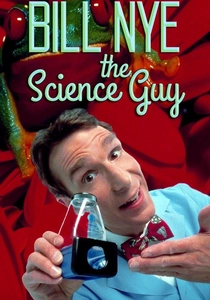
Bill Nye the Science Guy (1993)
Description: Aimed at making science fun and understandable for younger audiences, this show uses humor, experiments, and demonstrations to explain scientific concepts.
Fact: Bill Nye's bow tie became an iconic symbol of the show. The show won 19 Emmy Awards during its five-season run.
 Watch Now
Watch Now 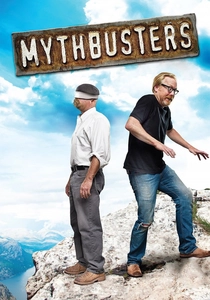
MythBusters (2003)
Description: This show focuses on testing the validity of various myths and urban legends using scientific methods and experiments, making science accessible and entertaining.
Fact: The hosts, Adam Savage and Jamie Hyneman, built over 1,000 experiments during the show's run. The show was originally intended to last only six episodes but ended up running for 14 seasons.
 Watch Now
Watch Now 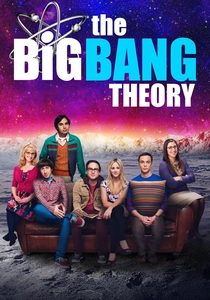
The Big Bang Theory (2007)
Description: While primarily a sitcom, this show incorporates scientific concepts and humor, making science relatable and entertaining for a broad audience.
Fact: The show's science consultant was Dr. David Saltzberg, a real-life physicist. The characters' whiteboard equations were often real scientific problems.
 Watch Now
Watch Now 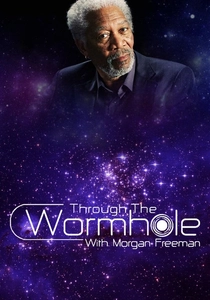
Through the Wormhole (2010)
Description: Hosted by Morgan Freeman, this series explores deep scientific questions about the universe, blending philosophy with cutting-edge science.
Fact: The show was praised for its ability to make complex topics like quantum physics understandable. It ran for eight seasons and featured interviews with leading scientists.
 Watch Now
Watch Now 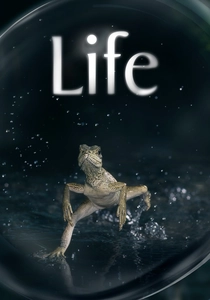
Life (2009)
Description: A nature documentary series that explores the diversity of life on Earth, showcasing the incredible adaptations and behaviors of various species.
Fact: The series took four years to film and was shot in over 50 countries. It was narrated by Oprah Winfrey in the U.S. version.
 Watch Now
Watch Now 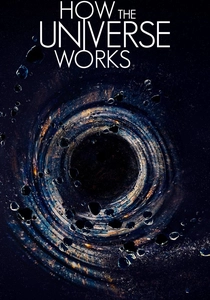
How the Universe Works (2010)
Description: This series breaks down the workings of the cosmos, from black holes to supernovas, using expert insights and cutting-edge visuals to explain complex astronomical concepts.
Fact: The show features contributions from renowned physicists like Michio Kaku. It uses data from space telescopes and probes to create accurate visualizations.
 Watch Now
Watch Now 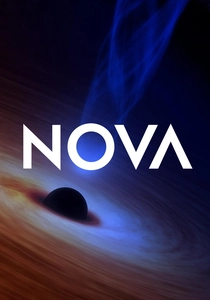
Nova (1974)
Description: This long-running documentary series explores a wide range of scientific topics, from physics to biology, presenting complex ideas in an accessible manner.
Fact: Nova is one of the most-watched primetime science series in the U.S. It has won numerous awards, including Peabody Awards and Emmys.
 Watch Now
Watch Now 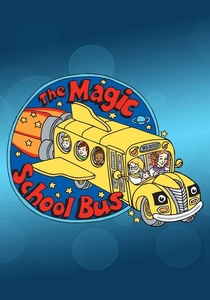
The Magic School Bus (1994)
Description: This animated series takes students on fantastical field trips to explore scientific concepts in a fun and engaging way, blending education with adventure.
Fact: The show was based on a book series of the same name. It won multiple awards, including a Daytime Emmy for Outstanding Writing in an Animated Program.
 Watch Now
Watch Now 
How It's Made (2001)
Description: This documentary series showcases the manufacturing processes behind everyday objects, providing a behind-the-scenes look at how things are created, which appeals to curious minds.
Fact: The show has been broadcast in over 180 countries. Each episode typically features four or five different products.
 Watch Now
Watch Now 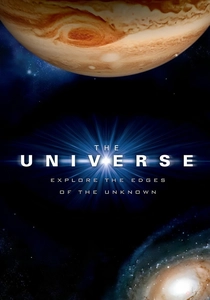
The Universe (2007)
Description: This series delves into the mysteries of space and astronomy, using stunning visuals and expert commentary to explain cosmic phenomena.
Fact: The show features interviews with leading astronomers and scientists. It was one of the first series to use CGI to illustrate complex space concepts.
 Watch Now
Watch Now 
